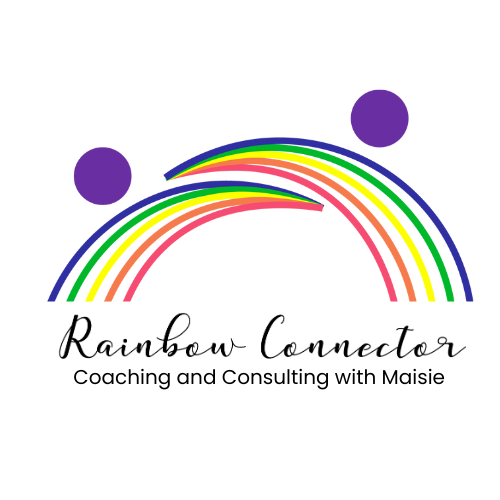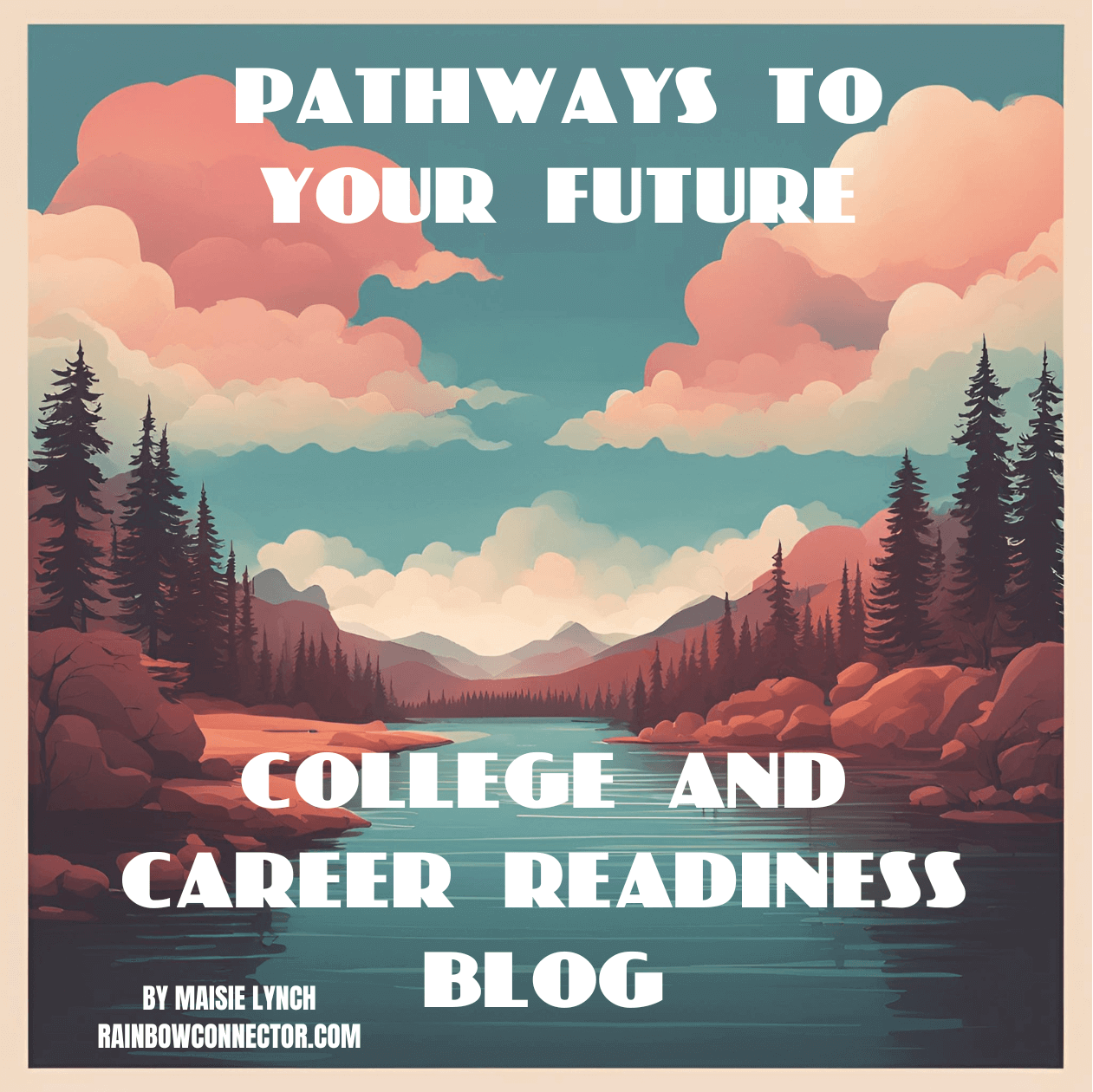
Navigating the career planning process can present specific challenges for individuals with neurodivergencies, who might grapple with various aspects due to differences in executive functioning, social communication, sensory processing, and other neurodiverse traits. Here's an overview of some common challenges and strategies to support individuals with neurodivergencies through each step of the career planning process:
Step 1. Awareness of the Need to Make Career Decisions
- Challenges: Difficulty in recognizing the long-term impact of career choices, or feeling overwhelmed by the decision-making process.
- Strategies: Breaking down the process into smaller, more manageable steps can help. Using visual aids like flowcharts or mind maps to outline career paths can also make the process more tangible.
Step 2. Learning About and/or Reevaluating Self
- Challenges: Struggles with self-assessment and identifying personal strengths and weaknesses.
- Strategies: Engaging in structured self-assessment tools and personality tests (like 16Personalities or MyNextMove) can provide clearer insights. Reflective practices like journaling can also help in understanding oneself better.
3. Identifying Occupational Alternatives
- Challenges: Difficulty in exploring and understanding the wide range of available career options.
- Strategies: Utilize online resources like O*NET Online for a structured exploration of different careers. Career counseling can also provide personalized guidance. For a free consultation to see if I can support you through the process, book an appointment here today.
4. Obtaining Information About Identified Alternatives
- Challenges: Information overload or challenges in organizing and synthesizing career-related information.
- Strategies: Take a methodical approach to research, using checklists or organized notes (digital tools like Evernote or Google Docs can be helpful). Seeking informational interviews from people working in the careers you are interested in can also provide a more structured way to understand careers. If you don't have a network to reach out to, a Career Services Provider can help you set those up. For a free consultation to see if I can support you through the process, book an appointment here today.
5. Making Tentative Choices Among Available Occupations
- Challenges: Indecisiveness or difficulty in weighing options and making final choices.
- Strategies: Creating pros and cons lists for each option and discussing these with a mentor or career coach can aid decision-making. Using decision-making apps or tools can also provide additional support.
6. Making Educational Choices
- Challenges: Navigating the complexities of educational pathways and requirements.
- Strategies: Research and planning tools specific to education, like the College Board, can be helpful. Also, consider reaching out to educational institutions directly for guidance and information about accommodations and support services. For a free consultation to see if I can support you through the process, book an appointment here today.
7. Getting a Job
- Challenges: Difficulties with the job application process, including resume writing and interviewing.
- Strategies: Utilize job search tools (Indeed, Glassdoor) and resume-building tools (like Canva and Google Docs). Practice interviews with friends, family, or through mock interview services. Watching YouTube tutorials tailored to individuals with neurodivergencies can also be beneficial.
General Strategies:
- Executive Functioning Support: Use of planners, apps, or digital tools to manage time and organize tasks.
- Sensory Considerations: Identifying and creating a work environment that accommodates sensory needs (like noise-cancelling headphones or quiet workspaces).
- Communication Skills: Practicing social scripts or scenarios, especially for interviews or networking events.
- Seeking Professional Guidance: Career Services Providers can offer tailored support and guidance through each step of the process. They can also help in identifying and communicating about accommodations in the workplace.
Remember:
- Focus on Strengths: Emphasize unique skills and talents that individuals with neurodivergencies bring to a workplace, such as attention to detail, creativity, or expertise in specific areas.
- Flexibility and Patience: Career planning is a journey that may require adjustments and reevaluations. Patience and flexibility are key.
Resources and Tools to Consider
Career Exploration: O*NET Online
Career Service Providers: If you'd like to see if I'd be a good match to guide you through the Career and/or College Planning Process, book a free consultation with me today
Educational Planning: College Board
Executive Functioning Tools: Evernote
Interview Preparation: YouTube videos, including specific ones for those with neurodivergencies like this one.
By understanding these challenges and implementing supportive strategies, individuals with neurodivergencies can navigate the career planning process more effectively, paving the way for a fulfilling and successful career path.



















0 Comments